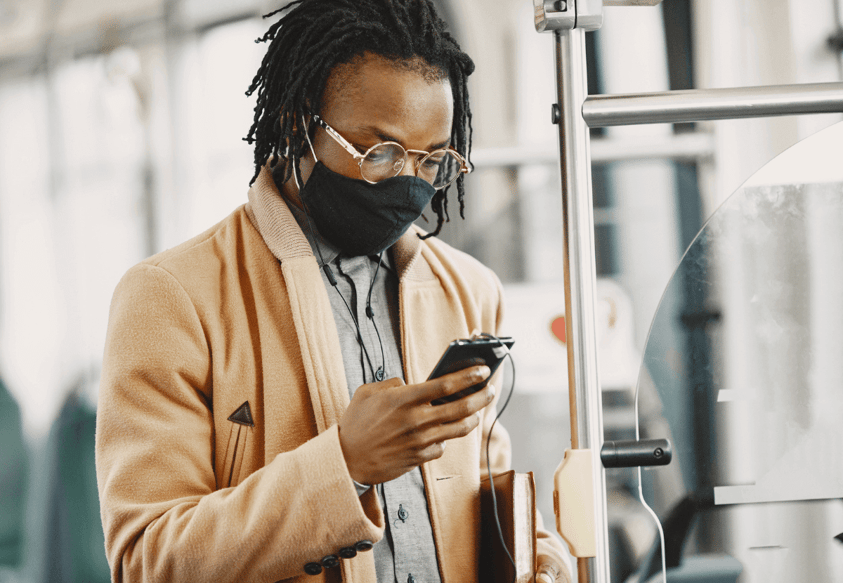Although we are seeing data and articles about what happens when we contract the COVID-19 virus, more widespread long term effects of COVID-19 haven’t been explored as much. These are the effects that the virus is having on our society as a whole and includes everyone, whether or not they have been infected with COVID-19.
By now, most of us are familiar with the physical effects of contracting COVID-19, both acutely and chronically. The most common short-term, physical effects of the virus are fever, cough, loss of taste and smell and fatigue. Common chronic symptoms of having COVID-19; known as long COVID or COVID long-haul are brain fog, headaches, malaise, shortness of breath and insomnia.
Although the extent of the societal effects are still being experienced and researched, we know that the impact of the COVID-19 virus has changed how we think, live, and interact with one another.
COVID-19 Long Term Effects on Social Interactions
One major effect that we collectively experienced early on in the pandemic were the changes in how we socialized. As workplaces and schools closed, many people were isolated from family and friends. This also a greatly impacted our ability to travel, eat out and spend time with others, both personally and professionally.
The pressure to socially isolate also instigated people policing one another for their choices creating new social issues among families and friends. Those of us that were alone and isolated away from others often experienced the mental health impacts of depression, loneliness and overall sadness.
Physically, this can often be felt in the form of fatigue and a phenomenon called ‘touch starvation’ where a lack of physical touch can lead to anxiety, infections and even physical pain. Being isolated inside with just a few family members or friends could lead people to feeling trapped with no way to get out of toxic relationships.
Despite some things are returning to normal, the anxiety of being in close physical proximity with other people is still prevalent. In some, this fear has spilled over into other areas of their lives, making them hesitant to go outside and be in public places. The mental health aspects of the COVID-19 pandemic are being recognized, but the full effects are still unknown.
Other Societal Effects
Other societal effects are economic and financial, with schools closed, many parents have had to also leave their jobs and be the educator/daycare provider for their children. The financial implications of not having a steady income, particularly for mothers, is another factor that will surely have long term societal effects moving forward. This situation also has multiple other implications such as the likelihood of inadequate education and resources for homeschooled children, as well as food accessibility without the option of a school lunch that many kids depend on.

Positive Effects from COVID-19?
Not everything that came from this pandemic will be negative, in fact there are many positive innovations already. We saw many new approaches in health care.
Options for video telehealth visits are more prevalent, increasing accessibility to care to many. Practitioners can now create a plan before focusing on testing.
We've also seen a growth in remote working opportunities, self-employment, and methods of home schooling and teaching may all become permanent social strides.
Although we are still understanding the full picture of the broad implications of the COVID-19 virus, we know the effects are widespread and include physical, financial and mental health. It is likely that these implications will need to be considered for years to come.
We're still learning about the symptoms of COVID long haul and the long term effects Long COVID has on our country, but we can offer relief. With the Post-COVID Care Mymee program, you can track your COVID long haul symptoms and triggers to get a road map to your illness and start feeling like yourself again.


